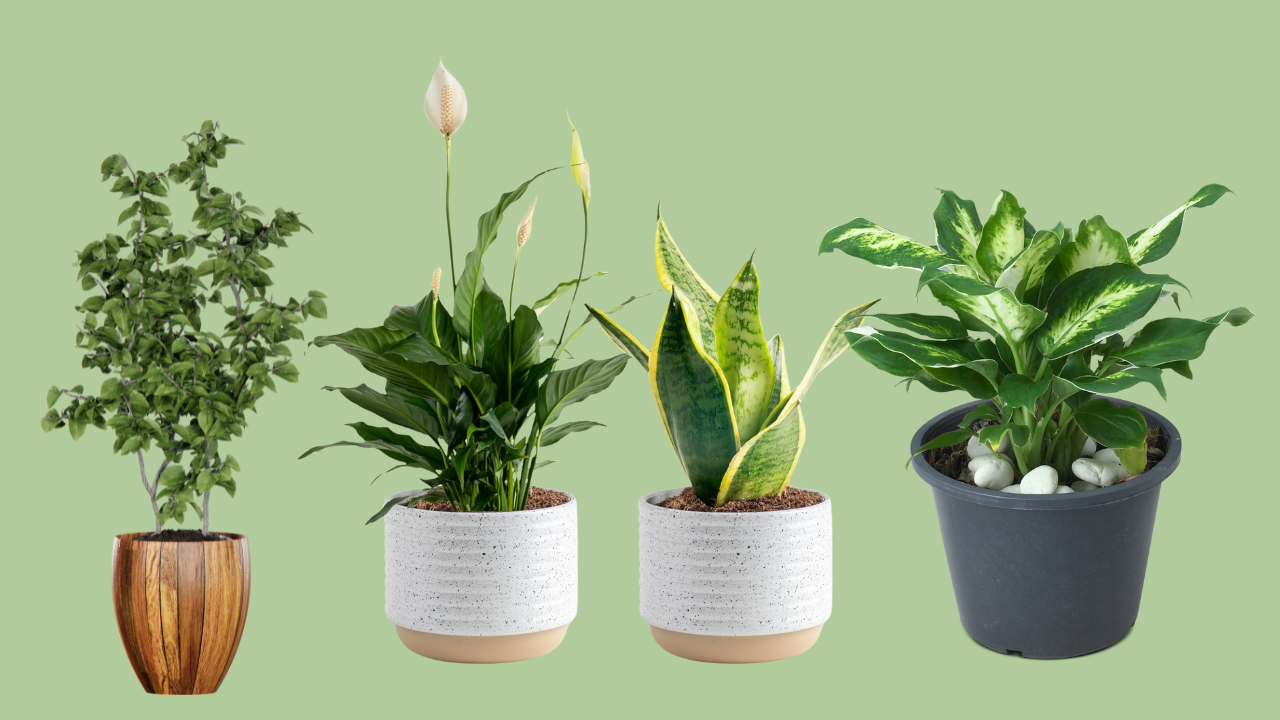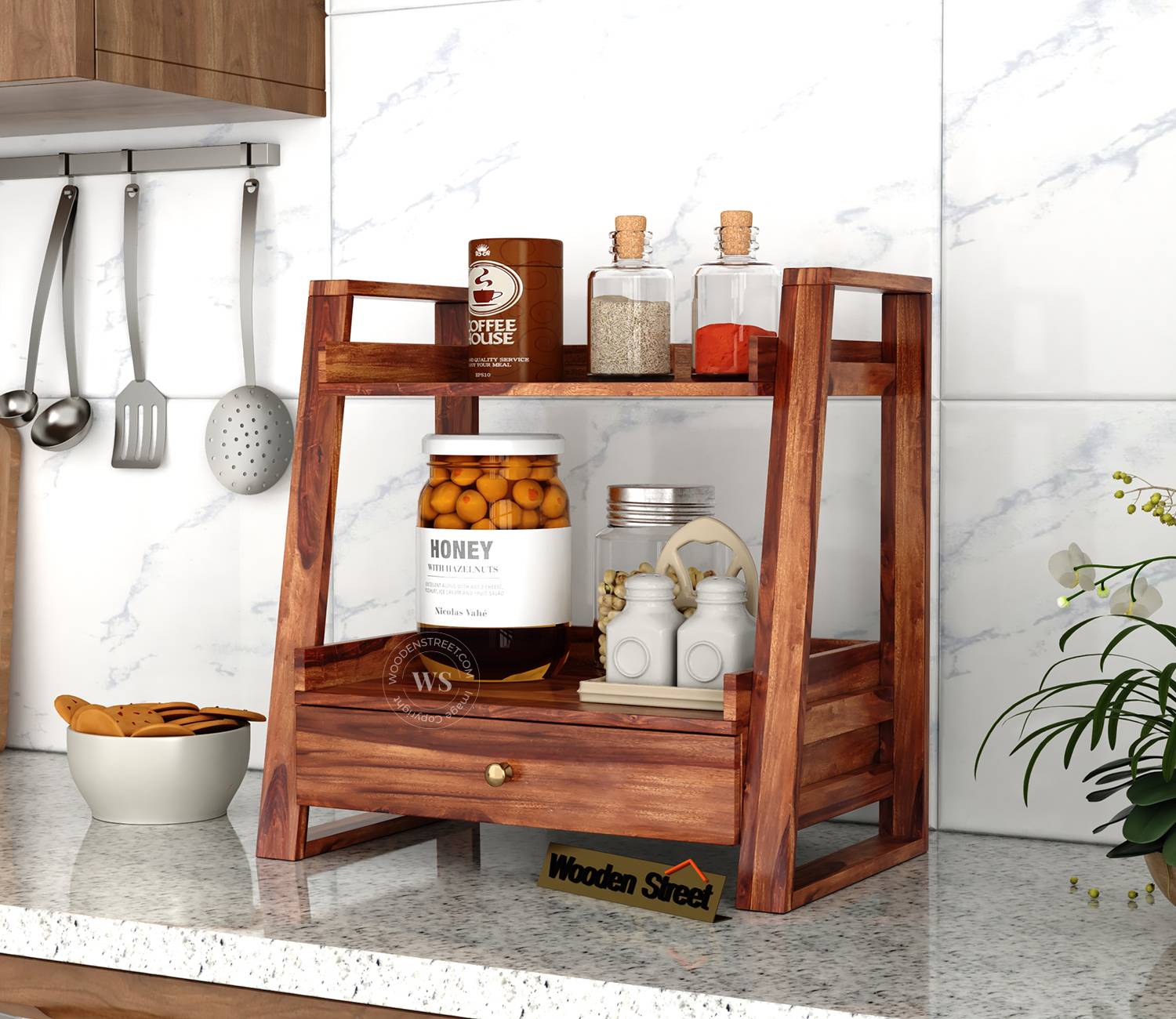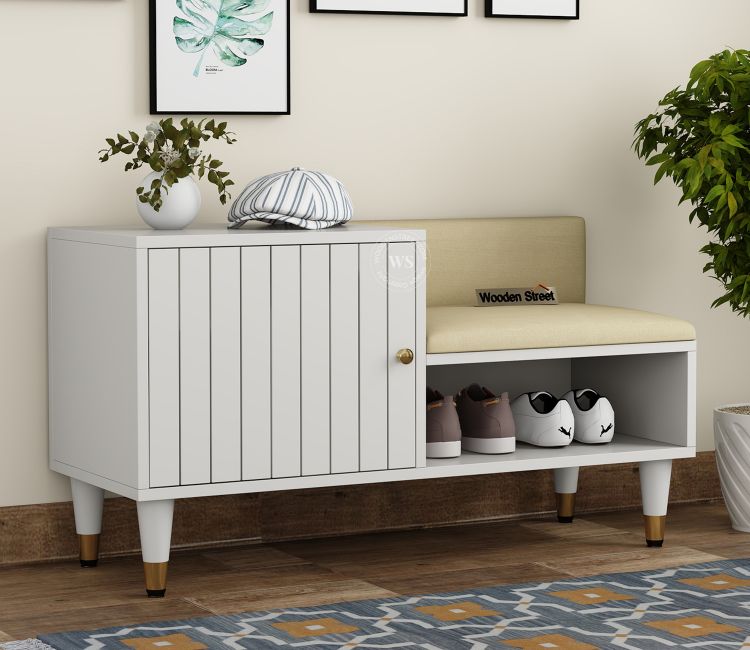Choosing Potted Plants for Graves in the UK: Beautiful, Low-Maintenance Options for Lasting Tribute

Strong 8k brings an ultra-HD IPTV experience to your living room and your pocket.
Tending a loved one's grave is a meaningful and personal act of remembrance. In the UK, where the weather can be unpredictable and maintenance visits may be infrequent, selecting the right potted plants is essential. You want plants that are not only attractive but also hardy, low-maintenance, and resilient against the elements. Fortunately, several beautiful options thrive in containers and suit the conditions commonly found in cemeteries and memorial sites.
Whether you're looking for color in the winter months, symbolic value, or evergreen elegance, this guide will help you choose the best potted plants for graves in the UK.
1. Cyclamen: Autumn and Winter Blooms
Cyclamen are a popular choice for graves due to their ability to bloom in cooler seasons, particularly autumn and winter. Their vibrant flowers—ranging from white to pink and red—stand out during the darker months, offering comfort and cheer. These compact plants thrive in partial shade and tolerate neglect, making them ideal for cemetery settings.
Why Choose Cyclamen:
- Hardy and frost-tolerant
- Bright winter color
- Compact and tidy growth
- Minimal watering required once established
Cyclamen pair well with evergreen foliage and can be easily refreshed each season without much effort.
2. Pansies and Violas: Spring Color That Lasts
Few plants offer the hardiness and extended bloom period of pansies and violas. These cheerful flowers provide color from early spring and often into summer, especially when deadheaded regularly. They’re well-suited to containers and can withstand cooler UK temperatures.
Advantages:
- Bright, long-lasting flowers
- Tolerant of frost and early spring chill
- Available in many colors to personalize a memorial
- Affordable and widely available
You can mix pansies with miniature daffodils or heather to create a diverse and eye-catching grave arrangement.
3. Heather: Evergreen Elegance All Year Round
Heather is a classic cemetery plant in the UK. It’s an evergreen, which means it looks good throughout the year, and its small, bell-shaped flowers bloom in shades of pink, purple, or white—often during winter. Heather thrives in acidic soils and requires minimal pruning, especially when grown in pots.
Noteworthy Qualities:
- Year-round structure and beauty
- Cold-hardy and low-maintenance
- Symbolic of admiration and solitude
- Works well in pots or mixed arrangements
Heather’s dense foliage also helps keep the soil moist and protected, reducing the need for frequent watering.
4. Miniature Daffodils: Cheerful Spring Blooms
Miniature daffodils are perfect for potted displays on graves. They bloom in early spring with bright yellow or white flowers and are easy to plant in autumn. Once planted, they require very little attention and will often return year after year.
Ideal Traits:
- Low-maintenance bulbs
- Compact, tidy growth
- Bright, uplifting flowers in spring
- Can be combined with geraniums or violas
To enhance year-round interest, plant miniature daffodils alongside perennial ground cover or evergreen plants.
5. Lavender: Aromatic and Symbolic
Lavender is beloved not just for its soothing fragrance but also for its appearance and symbolism. Representing peace and remembrance, lavender is ideal for grave settings. It prefers sunny spots and well-drained soil, which makes it perfect for raised pots or planters.
Why Lavender Works:
- Drought-tolerant once established
- Repels pests and attracts pollinators
- Fragrant and calming
- Easy to prune and maintain
Be sure to choose compact or dwarf varieties for smaller pots, and avoid overwatering, especially in winter.
6. Sempervivums (Houseleeks): Tough and Textured
If you're seeking plants that thrive on neglect, sempervivums—also known as houseleeks—are unbeatable. These hardy succulents come in rosettes of green, red, or purple and require virtually no maintenance. Their ability to withstand drought and freezing temperatures makes them ideal for exposed cemetery plots.
Top Benefits:
- Extremely hardy and drought-tolerant
- Attractive all year round
- Require very little soil or water
- Great for sunny gravesites
They are especially effective when planted in decorative stone or concrete pots that complement their sculptural form.
7. Rosemary: A Scented Symbol of Remembrance
Rosemary has been used for centuries as a symbol of memory and fidelity. Its evergreen needles and subtle aroma make it both visually and emotionally fitting for grave plantings. Varieties like ‘Severn Sea’ offer a creeping habit that suits pots and planters well.
Key Characteristics:
- Evergreen and aromatic
- Requires little pruning or watering
- Symbolic of remembrance
- Suits both sunny and semi-shaded sites
Keep the soil well-drained and prune lightly in spring to maintain its shape.
8. Ferns: Lush Green for Shaded Graves
If the grave is in a shaded area, ferns are a brilliant choice. Their soft, feathery fronds provide a sense of tranquility and are easy to care for with occasional watering. Hardy varieties like Dryopteris or Asplenium (hart’s tongue fern) are especially suited to UK conditions.
Advantages:
- Thrive in low light
- Provide evergreen texture
- Low-maintenance with moderate moisture
- Combine well with heucheras or violets
Ferns offer a more naturalistic, woodland feel, ideal for those who prefer subtle beauty.
9. Alpines: Compact, Colorful, and Resilient
Alpine plants like aubrietia, euphorbia, or saxifrage are perfectly adapted to tough conditions and shallow soil, making them excellent for graveside pots. They bring bursts of color and form without demanding much care.
Reasons to Choose Alpines:
- Small size fits grave pots well
- Tolerate drought and cold
- Offer seasonal flowers or evergreen foliage
- Need minimal watering
Use gravel mulch in pots to enhance drainage and highlight the plant's texture and shape.
10. Portulaca and Delospermas: Summer Sun-Lovers
For gravesites with full sun exposure, portulaca and delospermas (ice plants) are excellent choices. These ground-hugging plants produce bright, daisy-like flowers and need very little water.
Ideal Traits:
- Drought-resistant and heat-loving
- Excellent ground cover or pot-fillers
- Low profile with vibrant summer blooms
- Ideal for sandy or well-drained soils
Though not suited to harsh UK winters, they are perfect for seasonal summer plantings and can be easily replaced each year.
Final Tips for Choosing Grave Plants in the UK
When selecting potted plants for a grave, consider the following:
Sunlight: Know whether the plot is in full sun, partial shade, or full shade.
Maintenance: Choose plants that don’t require regular deadheading or watering.
Symbolism: Many plants carry meaning—rosemary for remembrance, lavender for peace, or daffodils for hope.
Container Choice: Use frost-resistant pots with good drainage holes.
Seasonal Rotation: Combine perennials with seasonal plants like pansies or bulbs for year-round appeal.
Conclusion
Choosing the right potted plants for graves in the UK is a thoughtful way to honour a loved one while ensuring the site remains beautiful with minimal upkeep. From the winter blooms of cyclamen to the resilience of succulents and the symbolism of rosemary, each plant brings something unique to a memorial. By selecting hardy, low-maintenance species, you can create a lasting tribute that stands strong through all seasons.
Note: IndiBlogHub features both user-submitted and editorial content. We do not verify third-party contributions. Read our Disclaimer and Privacy Policyfor details.







